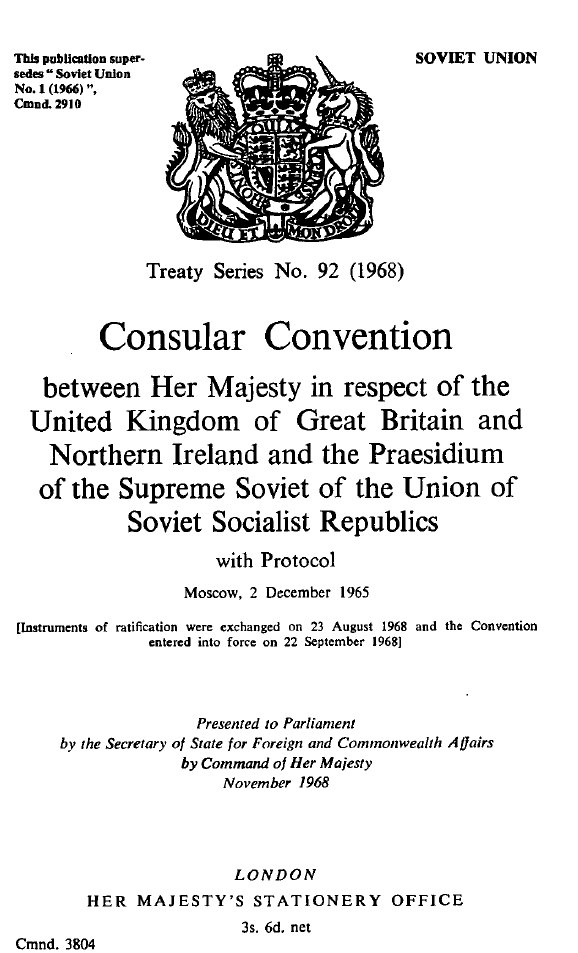How do we fix it?
Some suggestions...
Ellison (2002) notes that R&Rs were once used sparingly and were in fact a mark of shame.
One option: eliminate R&Rs entirely.
e.g., "if the results are robust to adding controls for x, y, z, the revision will be accepted."
Parallel submission is the norm for academic book manuscripts and let's face it, economics articles are looking more like books all the time.
I've never been asked to disclose conflicts of interest as a reviewer, or as an editor. Journals should ask, and should inform authors if their MS was reviewed by a conflicted referee. Readers too.
In an ideal world, this would never happen.




